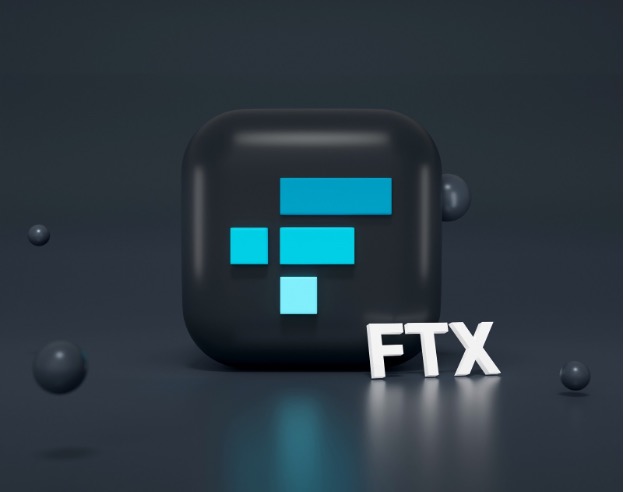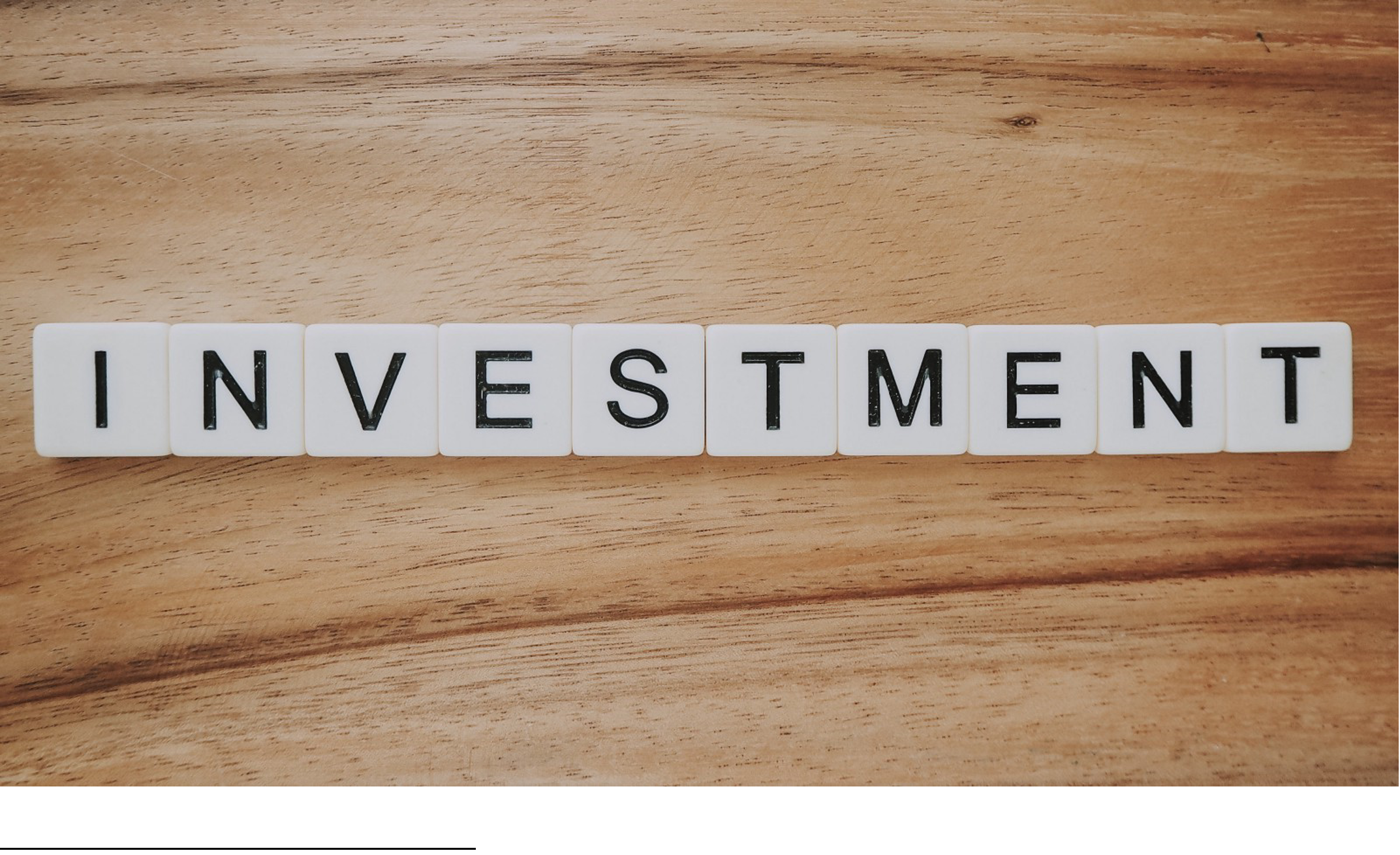The collapse of FTX took the world by surprise, and we need to learn a practical lesson or two from this fiasco. Such lessons are best learned through repetitive discussions, questions, answers, and research.
So… let’s talk about FTX, Sam Bankman-Fried (FTX Co-Founder), and how the *%&# something this big happens.
There are MANY mitigating factors in this multi-billion dollar collapse, so out of necessity, this will be a high-level, simplified — and starkly pragmatic — 1500-ish word overview.
Let’s start here:
- FTX[1] is a complex corporate entity with (fun fact) no listed CFO.
- FTX[2] is/was a Centralized Crypto Exchange with a Venture Capital investment of $1.8B, raised from 40 investors
- 134[3] affiliated companies were part of the bankruptcy filing, and more than a million creditors could be involved.
- Fortune reports[4]: “The underlying story here is of a fundamental failure of compliance and risk management.”
- FTX was required to provide an auditor’s report on internal controls, which was never received. And yet $1.8B was invested?!
So… back to the “1500-ish word limit”. Volumes can be written about an event this big. An event that reverberated through the worlds of cryptocurrency investment, fiat investment, government regulation, and more, and whose effect will be felt for many years to come. In light of our limited word count, we will focus on investment — fiat investment. Not cryptocurrency fallout, and not the downfall of Sam Bankman-Fried — although both are worthy topics.
Venture Capital Investing
This quote is one of my favourites, and it is perfect here:
Warren Buffett famously said,
“you only find out who is swimming naked when the tide goes out.”
So, pay attention when the “tide goes out” on the world of powerful investors. Cryptocurrency and fiat investors and there is much we can learn.
Let’s hear from Pitchbook:
While failures are a common occurrence among venture-backed companies, the collapse and loss of $2 billion would rank second only to therapeutic drug company Intarcia, which raised $2.1 billion over 13 years, according to PitchBook data. For further context, blood-testing company Theranos raised roughly $1.1 billion from investors.
And The Street
Investors Facing Total Losses
… Investors in FTX, which was a popular exchange for digital assets and was once valued at $32 billion, are likely facing total losses.
FTX’s list of high profile investors includes SoftBank, the Ontario Teachers’ Pension Plan, Sequoia Capital, and funds and accounts managed by BlackRock.
Sequoia sent a letter to its limited partners on Nov. 9 stating that it now values the $210 million investment in FTX as $0 and that it was a total loss.” ~The Street
Food for thought:
- Should the Executives and Partners at these high-level investing entities have been able to see this coming?
- Inside these investment funds, who is monitoring the monitors? What internal SOP do the investment funds put in place within their Executive and Board levels regarding due diligence and transparency?
Let’s take a closer look
An important point to remember regarding the FTX implosion is not to “throw the baby out with the bathwater” and blame everything on crypto: elements of this disaster originate from multiple sectors. Yes, FTX is/was a crypto exchange. Yes, crypto is a “wild west” type of investing environment. Yes, this collapse will precipitate a fall in the value of other crypto-coins that FTX owns, as it sells what it can to recoup $$.
And YES — Sam Banks-Friedman violated trust, integrity, and a laundry list of laws – in both the crypto and fiat worlds.
Let’s acknowledge all these things, and learn the crypto-sector lessons they bring to light.
Let’s make sure not to sweep some very important non-crypto lessons under the carpet. Let’s acknowledge the personalities involved, the high-stakes business deals and decisions, the assumptions, expectations, and excitement that all contributed to the end result. And some investment elite may want to take a serious look at their risk assessment practices…
Who is actually responsible: Accountability and fiduciary responsibility
As the dust clears on the chaos and financial loss surrounding this event, who will be held responsible for approving investment in FTX, an organization with “a fundamental failure of compliance and risk management” (Fortune[5])? An organization with no CFO? With no auditor’s report on internal controls?
Each of these investment funds first discussed and considered investment in FTX, after which due diligence was performed. The due diligence was then considered, and the investment was approved. Even allowing for an avalanche of government forms and deadlines, and the legal nightmares of crossing multiple geo-political borders, how does a large, well-respected hedge fund invest in a company
- with no CFO?
- No auditor’s report on internal controls?
One could argue that the company was new-ish, and perhaps things were not yet running smoothly. Which begs the question, why would multiple hedge fund managers each hand over millions to a company that couldn’t get its bookkeeping straight?
And let’s be fair, the hedgefunds weren’t the only ones investing, which leads to another point worth considering: even if smaller investment funds and individual investors do their own due diligence, they may see $1.8B in investment as a sign of confidence in FTX.
Let’s not forget Sam Bankman-Fried: will he and his team be held accountable for their part in all of this?
———————————————
Let’s borrow a protocol from the techies: Zero Trust
The basis of Zero Trust is simply this: accountability. Assurance that what is supposed to be done, is actually done. As an example, let’s apply Zero Trust, in a simplistic way, to the decision-making protocols of investment.
We will look at two of the basic parts to this process: research (evidence-based risk assessment) and evaluation (human evaluation of all information). If an investment does not pass the risk assessment stage, it should not make it to the final human-evaluation stage. And all indications from Fortune reports[6] (above) appear to be that FTX did not pass the risk-assessment stage.
Let’s circle back to the FTX CSuite.
In any due diligence investment assessment, the mettle and leadership capability of the CSuite is paramount. There is no indication that the C’s in FTX were evaluated and found to be equal to the daunting task of running a billion dollar company. The General Partners of the larger hedgefunds on the investor list know exactly what it takes to run an organization that size – because they’re running one.
So what happened in the case of FTX? Blinders? Complete confidence in a wonder-kid who had rolled the dice and won multiple times? Belief in the future of a shiny, up-and-coming venture market?
———————————————
In the end…
This is a crypto-fiat-investment-what-did-we-miss-clear-as-mud fiasco. Not just a crypto fiasco.
There will always be a “wild west” of investors in fiat currency, cryptocurrency, and many other high stakes endeavours. And there will always be investment entities willing to help them put their money to risky — albeit potentially lucrative — use.
Cryptocurrency is a “wild west” space. Hedgefund investing is also not for the faint of heart. This fiasco is a glaring reminder that before putting our money into anything, we need to do our due diligence:
- Do your homework (due diligence).
- Know your limits.
- Play within them.
This isn’t meant to suggest that due diligence in any way will keep us safe from financial disaster, but it is definitely a best practice approach.
Imagine a world
Imagine a world where we stop pointing fingers, and start analyzing situations for what we can learn from them.
Imagine a world where private self-reflection, and public accountability, foster useful discussion and pragmatic outcomes.
Imagine a world where there truly is accountability. Where the fiduciary responsibilities – as designated by law – are actually enforced. As an example, when was the last time we saw a headline that said “Company CEO held responsible for not enforcing basic leadership-audit and financial requirements before release of $$M investment”.
Final thoughts
Remember: disruption is information.
In other words — when an event like the FTX collapse rocks our perceptions and comfort zones – our perception changes. Our perspective changes. What we think about doing next changes.
I don’t have all the answers, but I do know that the cycle will continue, and that the crypto and fiat markets will continue to evolve. Hopefully we use the insight gained from each boom/bust to learn a lesson or two that might help mitigate our own collateral damage in the next fiasco.
Because there will definitely be a next fiasco.
What are your thoughts on this event and its future implications?
Let’s learn from FTX, and then move forward. Let’s focus on the potential of blockchain and cryptocurrency for business, finance, privacy, and global use cases: what is coming, and what is already here.
Verify, then trust.
A cybersecurity best practice since… forever.
An investment best practice since… forever.
Disruption is information! What is the most valuable information you gained from the FTX incident? How did this information affect you? Your view on investing in cryptocurrency? Your view on investing in the stock market or Private Equity? Do you think the answer is to have more government regulation? More accountability? Or another solution? Start the discussion below!
This article says many things, and leaves out many things (it’s an article, not a book — I did try to remember that 😉).
Share YOUR thoughts below!
[1] https://www.ledgerinsights.com/ftx-warning-signs-no-cfo/ [2] https://www.crunchbase.com/organization/ftx-exchange/investor_financials [3] https://www.cbinsights.com/research/ftx-bankruptcy-investment-portfolio/ [4] https://fortune.com/2022/11/16/sbf-dangerous-decision-making-philosophy-brought-down-ftxinvesting-leadership-behavior-gleb-tsipursky/ [5] https://fortune.com/2022/11/16/sbf-dangerous-decision-making-philosophy-brought-down-ftxinvesting-leadership-behavior-gleb-tsipursky/ [6] https://fortune.com/2022/11/16/sbf-dangerous-decision-making-philosophy-brought-down-ftxinvesting-leadership-behavior-gleb-tsipursky/
- FTX: Opportunity meets Real-life: how $1.8B in investment was approved - January 20, 2023
- How Hedge Funds Affect You - November 25, 2022






